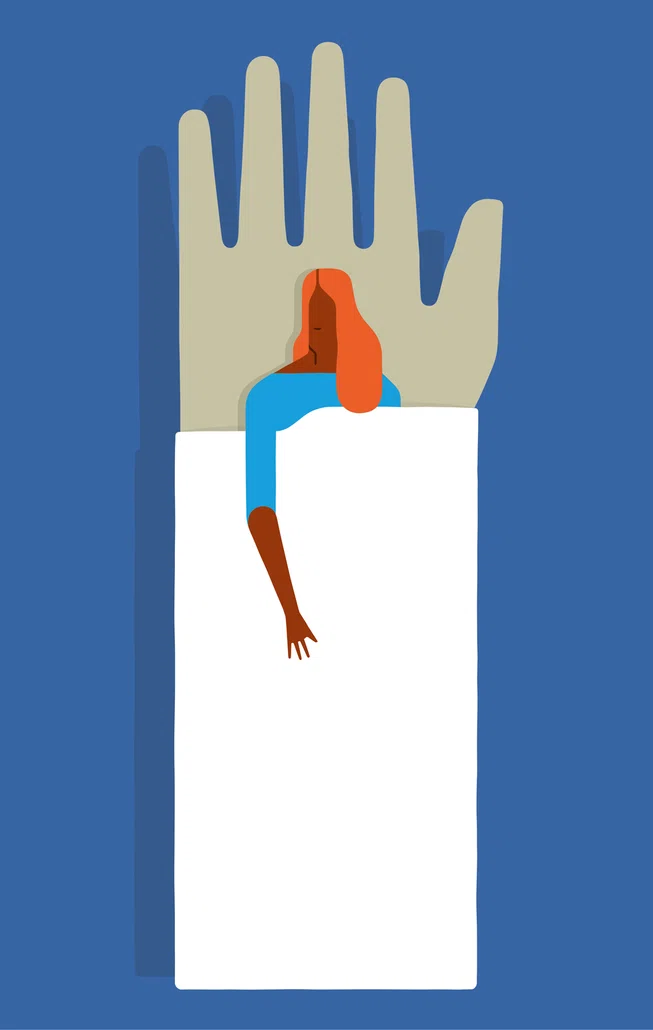result



Putting the Patient First

Providing patients with the best possible care motivates every aspect of research, education, and innovation — Houston Methodist’s raison d’être. Fueled by a community of philanthropic support, Houston Methodist stands in the Top 10 of the World’s Best Smart Hospitals as ranked by Newsweek — with pioneering technologies improving the patient experience and shaping the future of health care in Houston and beyond.
Roberta L. Schwartz, PhD
Executive Vice President
Chief Innovation Officer
Houston Methodist


Q
How is innovation at Houston Methodist improving patients’ lives?
Our goal is to achieve unparalleled safety, service, and excellence in everything that we do. If you step back and think about patients, they want to get information when they want it and how they want it. For example, we are making the administrative work of being a patient multimodal. Filling in forms, making payments, and contacting your doctor — all these are available by text, phone, email, or MyChart. We are working to make these processes seamless.
In the outpatient environment, you may have a virtual appointment or a same-day appointment in person at the urgent care center. In the emergency department, you may see a physician in the office or by virtual visit. We are blending the in-person with the virtual to create a holistic system. Innovation is the way forward to achieve the vision that we want for our patients.
Q
How is technology changing the typical hospital stay?
In terms of the work that we are doing on care design in the inpatient environment, we are ahead of the country. Now, patients are being awakened in the middle of the night; soon, we will be monitoring vital signs using biosensing buttons so they can sleep uninterrupted.

"Our goal is to achieve unparalleled safety, service, and excellence in everything that we do."
Roberta Schwartz
Q
How does philanthropy help bring big data and artificial intelligence to the patient care arena?
With the amount of new data being generated and the centralization of that data, our doctors are beginning to use predictive analytics to do a better job of treating patients. Philanthropy has already played a huge role, for instance, in advancing cardiovascular surgery.
Through predictive analytics, our cardiovascular surgeons found a cohort of patients who need a different follow-up cadence than the standard seven days. By comparing our historical data to years of Medicare data, we identified a small subset of patients who should be seen 24 hours after surgery. The difference for these patients is life or death. You could say some outcomes that we’re finding from digital innovations are equal to a new medicine.
While some of these innovations are already becoming available, in terms of maximizing them for the best treatment of our patients, we are in the infancy. Whether it’s predictive analytics, artificial intelligence, big data, or remote monitoring, there’s a huge fundamental change in care on the horizon. We need philanthropy to fuel these innovations.
Discover More


